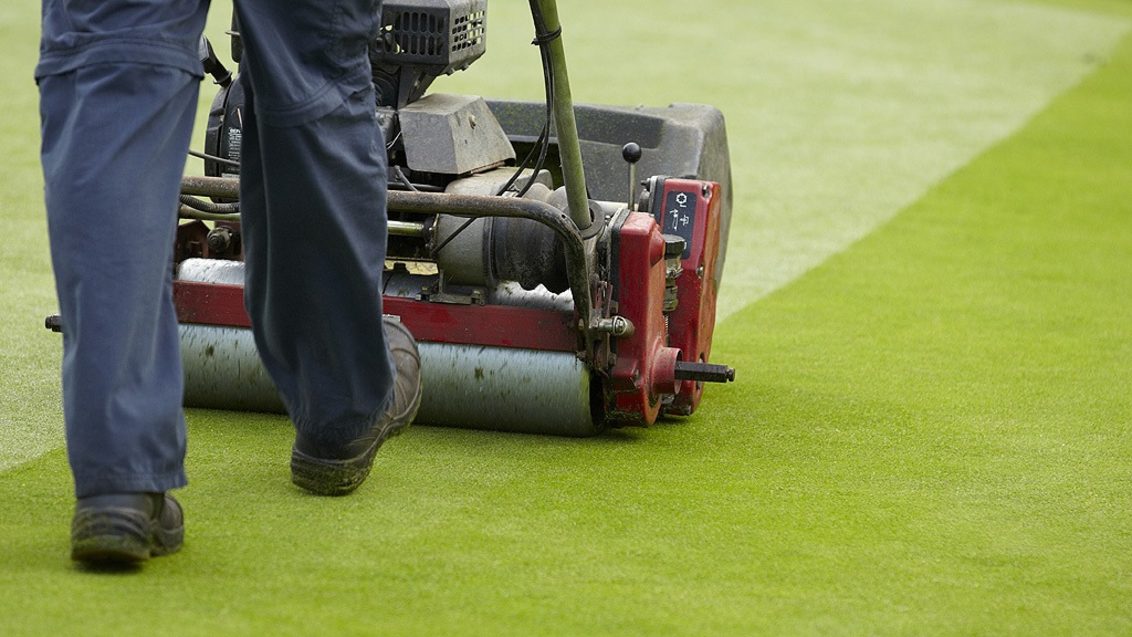Greenkeepers’ concern for courses

Superintendents and course managers have expressed concern golfers returning to courses may expect pristine conditions, despite the restrictions of ‘essential maintenance’ during lockdown.
They also warned of temporary cuts to greenkeeping teams being made permanent, based on the mistaken assumption skeleton crews could continue to maintain courses to the same standard once play resumed.
A feature on the UK-based website National Club Golfer captured the sentiment of many superintendents.
It quoted course manager Scott Reeves, who is also Chairman of the British & International Golf Greenkeepers’ Association (BIGGA), who said: “It’s expectation. Golfers are going to come back and they’re going to think that everything is fantastic.”
“(The perception will be that) The course has been empty, so the greenkeepers must have all been beavering away making everything absolutely perfect in their absence.
“We’re going to have to manage that. We’ll have to manage the expectation prior to opening, or partial opening, communicate effectively and, once they are on site, explain and build relationships back up again with golfers.
“There’s going to be inevitable disappointment.”
“(The perception will be that) The course has been empty, so the greenkeepers must have all been beavering away making everything absolutely perfect in their absence."
That feeling was echoed by a handful of superintendents Syngenta Growing Golf spoke to, who also reported significant cuts to team numbers during lockdown.
In many cases, staff numbers had been halved, with one greenkeeper reporting a cut of six to three personnel and another seeing his team reduced from five persons to just two.
Another course manager at a private club in Scotland, who did not wish to be named, said he was concerned many clubs would now permanently reduce greenkeeping teams.
“There is a real danger with a lot of clubs that members come back and say, ‘You have managed to make it look this nice with six staff, so you can do it like that from now on’.
“But we’ve not been changing holes, we’ve not been emptying bins, we’ve not been divoting – and the amount of time we’ve saved not doing bunkers is unbelievable.
“There’s also maintaining sprinklers, wiping down benches, white lining, yellow lining… all these things take time. It’s up to course managers to communicate to members. It’s just not as easy as they often think.”

